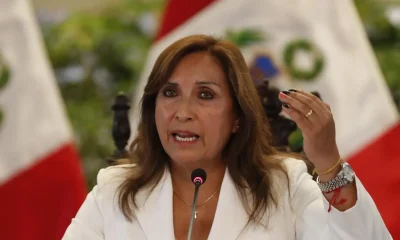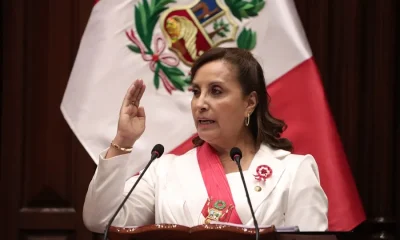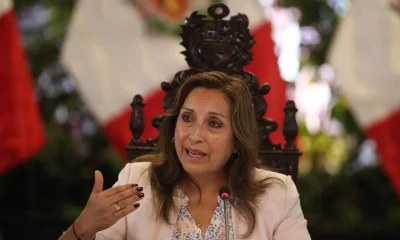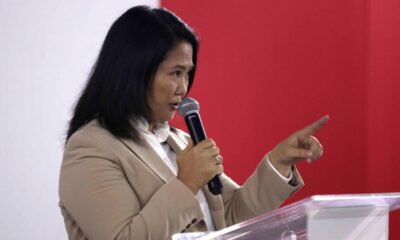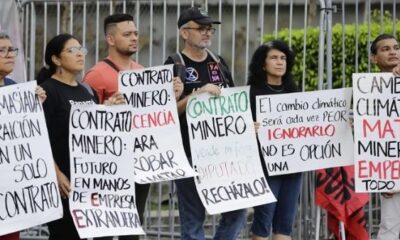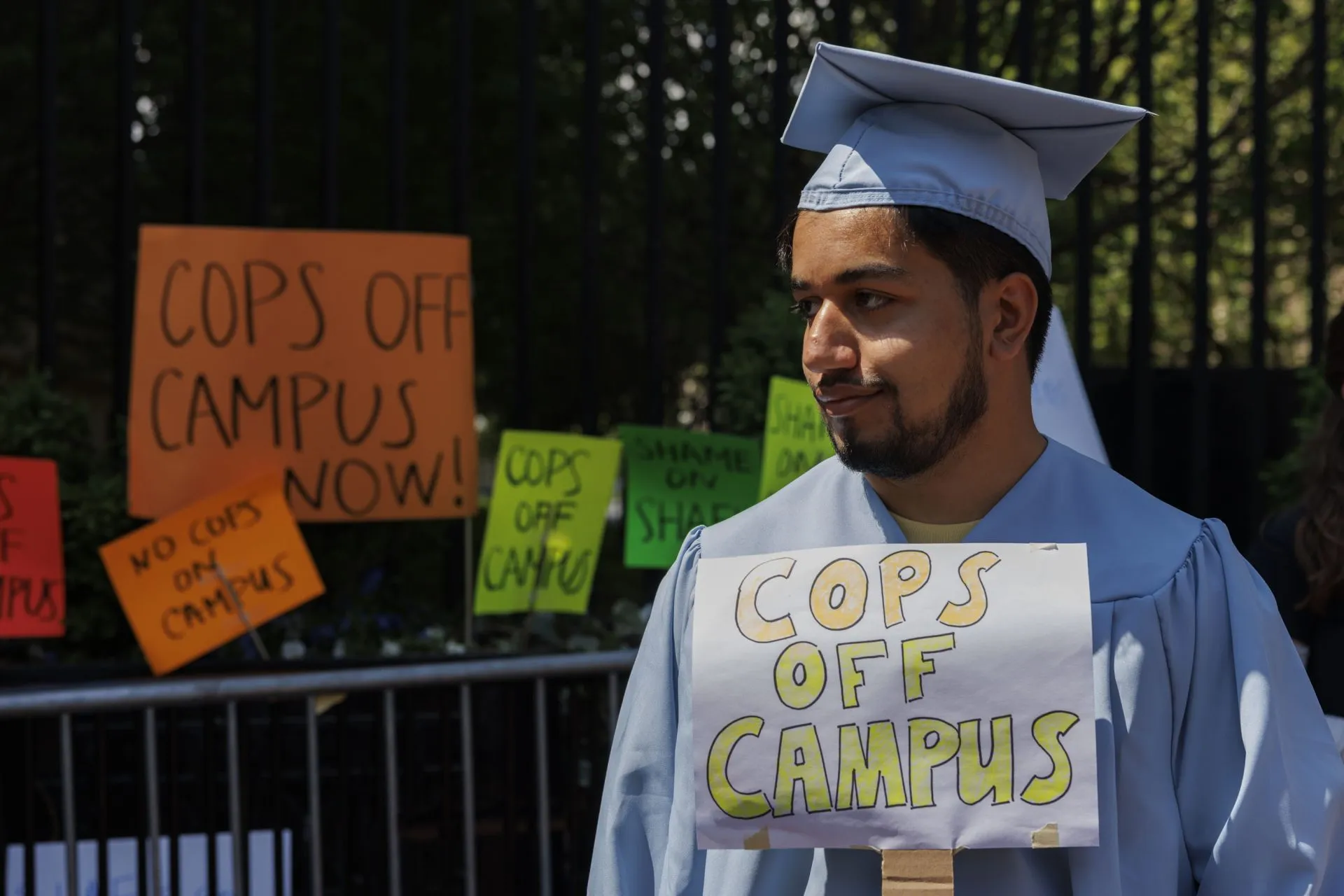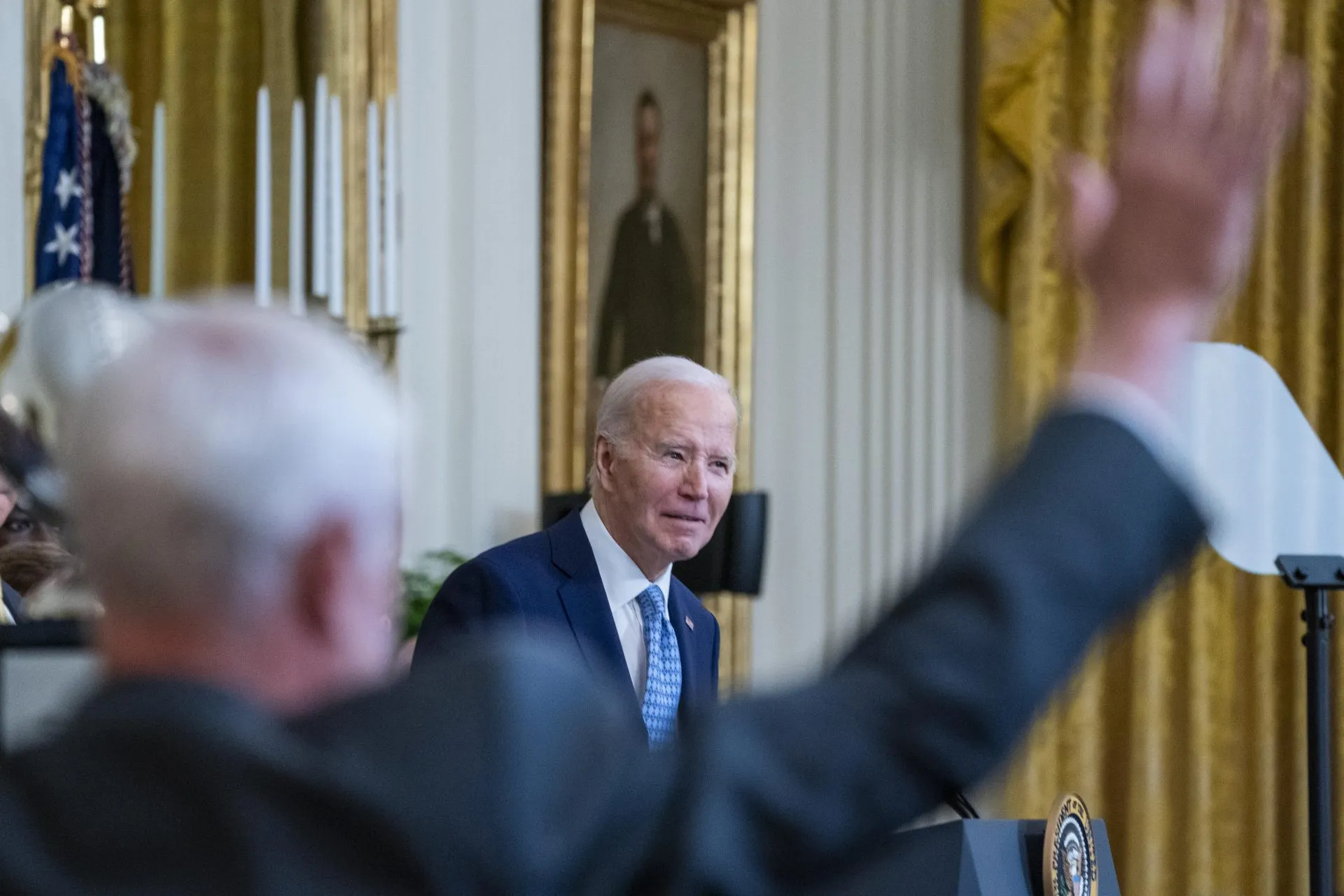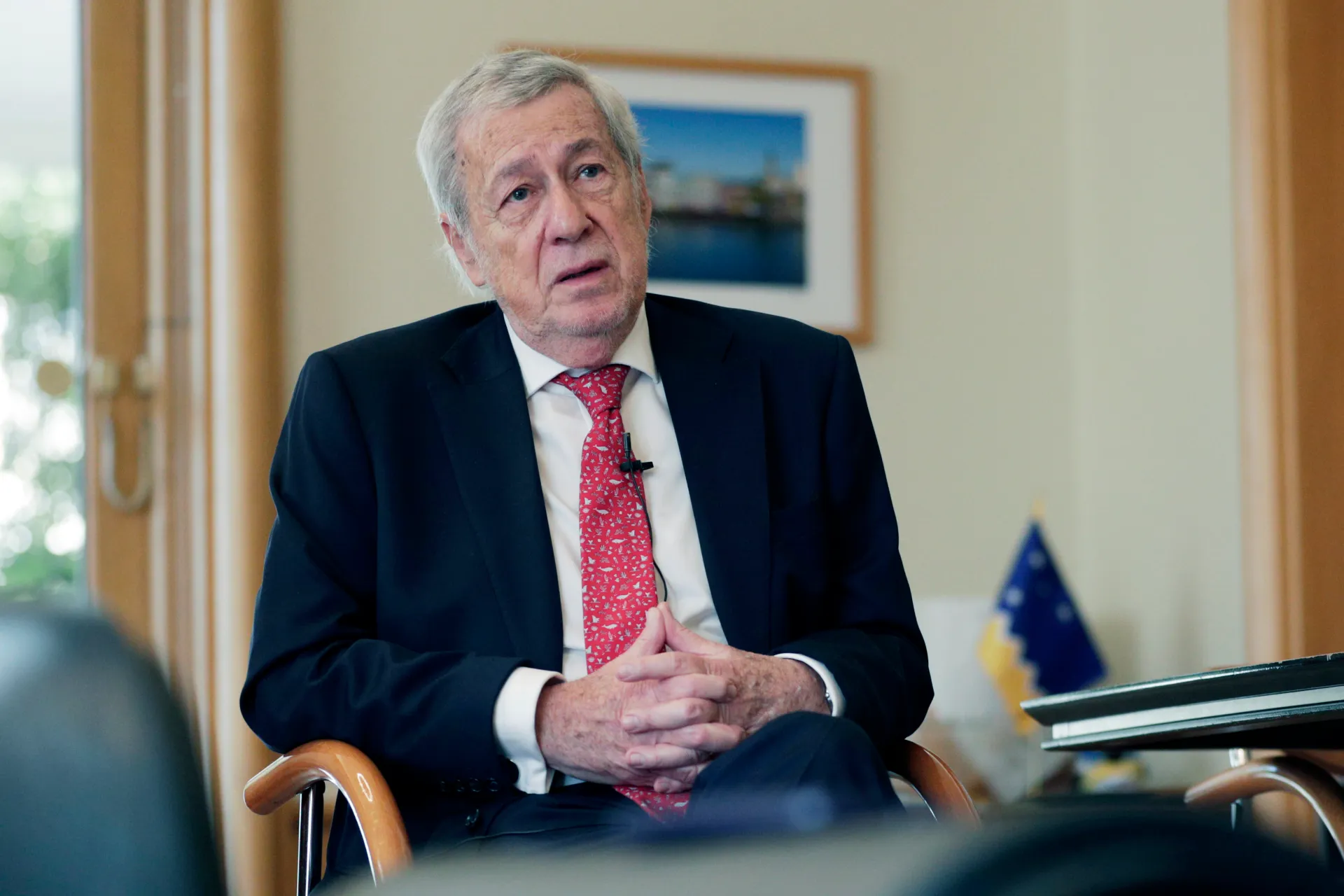International
Peru president insists ‘I will not resign’ as protests continue
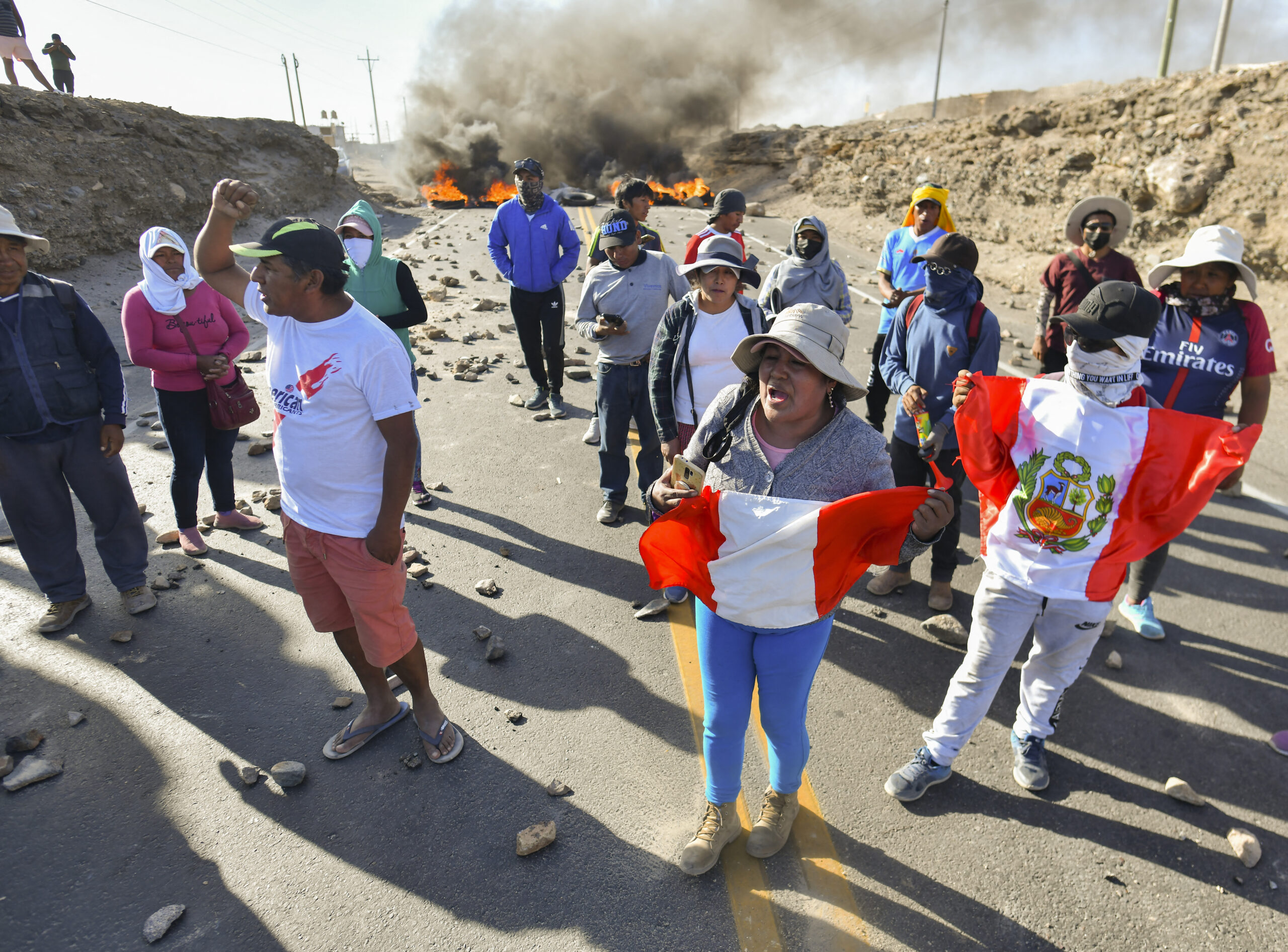
International
Columbia University cancels its grand graduation ceremony after weeks of protests
International
Biden manages to get Netanyahu to promise to take a step in Gaza and reiterates his position on Rafah
International
“The Chilean government is more continuous than you think,” says its Foreign Minister Alberto van Klaveren
-

 International2 days ago
International2 days agoRussian bombers near Alaska monitored by NORAD
-
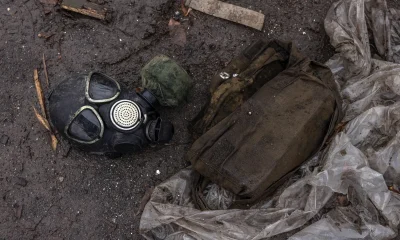
 International4 days ago
International4 days agoThe United States accuses Russia of using chemical weapons against Ukraine
-
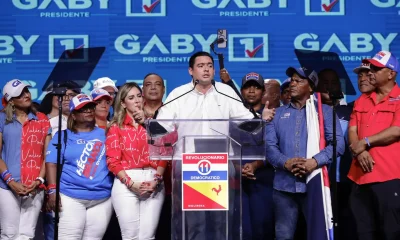
 International4 days ago
International4 days ago‘Gaby’ Carrizo, the unpopular ruling presidential candidate for the Presidency of Panama
-
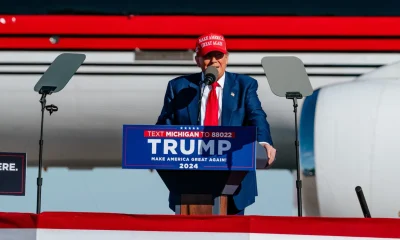
 International4 days ago
International4 days agoTrump promises the largest deportation of migrants in history, “they are going to destroy the country”
-
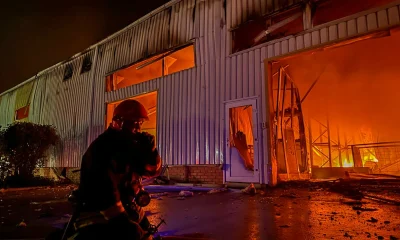
 International4 days ago
International4 days agoRussia destroys postal infrastructure in Odessa in another ballistic missile attack
-
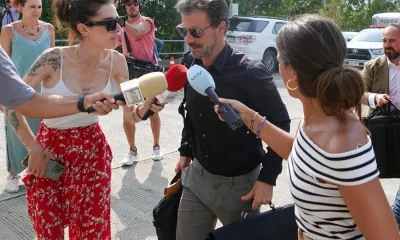
 International4 days ago
International4 days agoThe trial against Daniel Sancho in Thailand concludes and the reading of the sentence is set for August 29
-
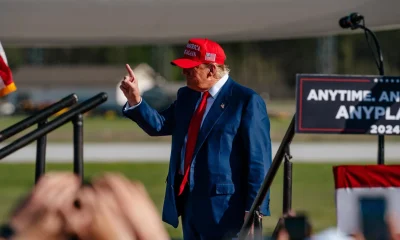
 International4 days ago
International4 days agoTrump defends that each state can legislate on abortion after the restriction in Florida
-
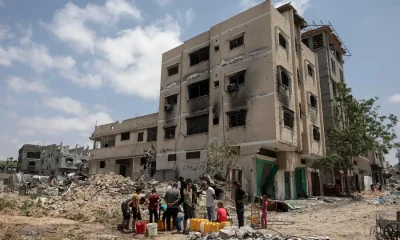
 International3 days ago
International3 days agoDeaths in Gaza rise to 34,622, after the deaths of 26 people in the last few hours
-

 International3 days ago
International3 days agoThe death toll of the devastating floods in Kenya amounts to 210
-

 International3 days ago
International3 days agoDenmark will raise the limit for abortion from 12 to 18 weeks
-
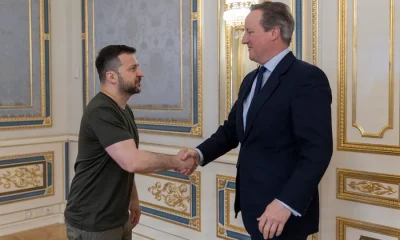
 International3 days ago
International3 days agoZelenski informs David Cameron of the course of the war in Ukraine
-

 International3 days ago
International3 days agoStarmer asks Sunak to call elections after the Labour advance in the municipal elections
-

 International2 days ago
International2 days agoDevastating floods in Southern Brazil leave dozens dead and missing
-
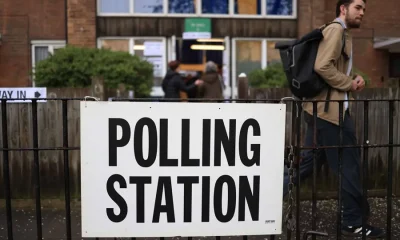
 International4 days ago
International4 days agoThe polling stations open in the municipal by-elections in England
-
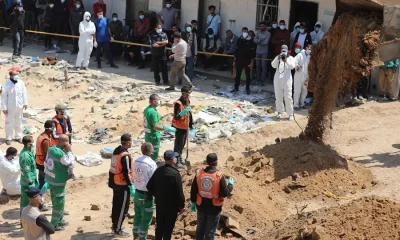
 International4 days ago
International4 days agoA reputed surgeon from Gaza’s Al Shifa hospital dies in an Israeli prison
-
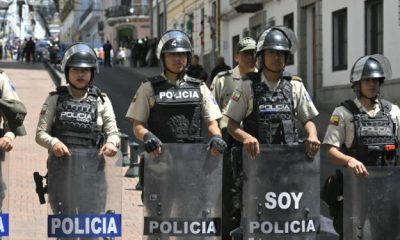
 International2 days ago
International2 days agoEcuador declares state of emergency in five provinces to combat organized crime
-

 International2 days ago
International2 days agoArgentine president criticizes spanish PM amidst political row
-
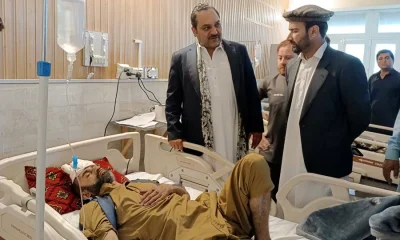
 International3 days ago
International3 days agoAt least 20 dead and 21 injured when a bus crashed through a ravine in Pakistan
-
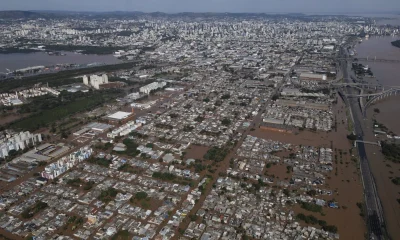
 Centroamérica3 hours ago
Centroamérica3 hours agoThe number of deaths from the floods in southern Brazil rises to 84
-
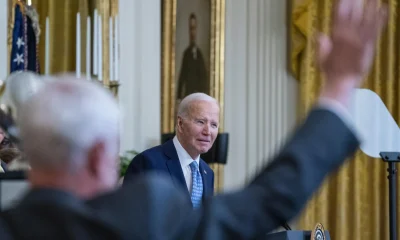
 International3 hours ago
International3 hours agoBiden manages to get Netanyahu to promise to take a step in Gaza and reiterates his position on Rafah
-
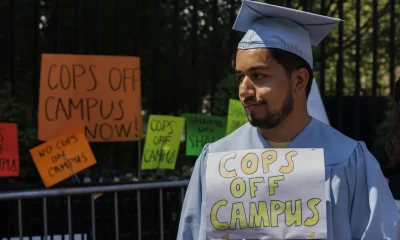
 International3 hours ago
International3 hours agoColumbia University cancels its grand graduation ceremony after weeks of protests
-
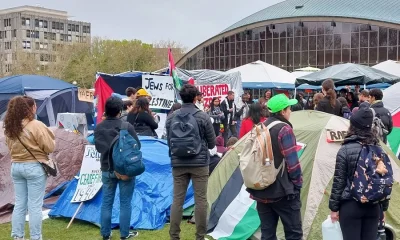
 International4 hours ago
International4 hours agoThe pro-Palestinian student movement in the United States looks at itself in history to continue
-
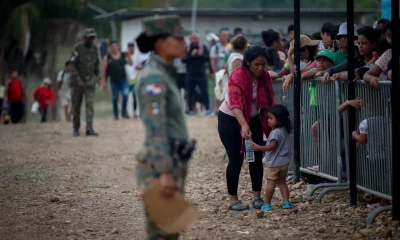
 International4 hours ago
International4 hours agoMigrant women, victims of theft, rape and with their children in tow for the Darién
-
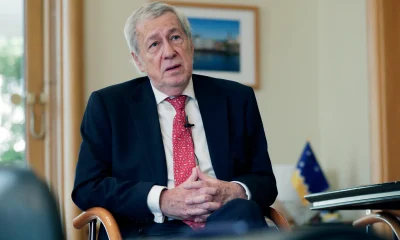
 International3 hours ago
International3 hours ago“The Chilean government is more continuous than you think,” says its Foreign Minister Alberto van Klaveren




















